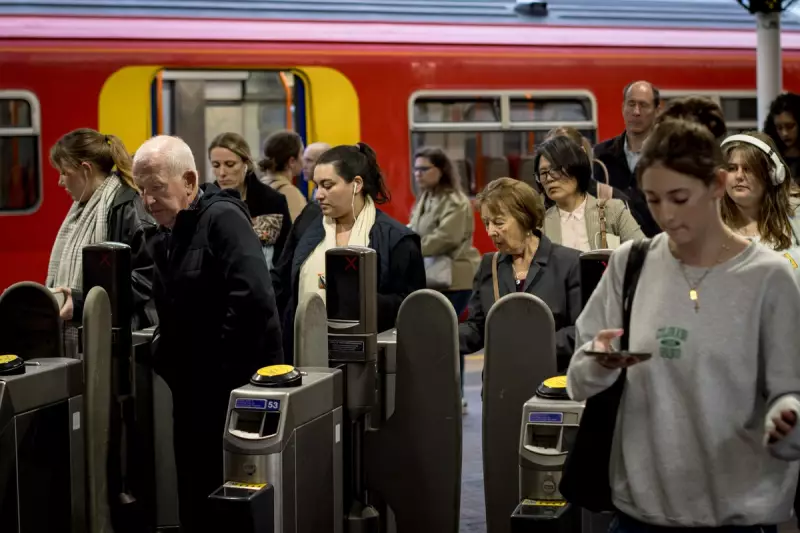
Britain's railway network is facing a silent crisis that affects thousands of passengers each year, with sexual harassment and assault occurring with disturbing frequency during routine commutes.
New data from the British Transport Police reveals a troubling pattern of offences happening in plain sight, from unwanted touching and groping to explicit comments and lewd behaviour. Many victims suffer in silence, with countless incidents going unreported.
The Reality of Rail Travel
For many passengers, particularly women and young people, what should be a simple journey to work or social engagement has become a source of anxiety and vulnerability. The confined spaces of carriages and often crowded platforms create environments where predators can operate with relative impunity.
"We know this is a significantly underreported crime," acknowledges a senior transport police officer. "Many victims feel embarrassed, fear they won't be believed, or simply don't know how to report what's happened to them."
Breaking the Silence
The British Transport Police has launched a renewed effort to combat this epidemic, encouraging victims to come forward through multiple reporting channels. Their message is clear: no incident is too minor to report, and every report helps build patterns that can lead to arrests.
New initiatives include:
- Discrete texting service for immediate reporting
- Enhanced CCTV monitoring across stations and trains
- Plain-clothes officers on targeted routes
- Awareness campaigns to educate passengers about what constitutes assault
A Cultural Shift Needed
Beyond policing, experts argue that a fundamental cultural change is required in how society views harassment on public transport. What some might dismiss as "just pushing" or "accidental contact" often constitutes criminal behaviour that leaves lasting psychological scars.
"We need to move beyond blaming victims and questioning why they were travelling at certain times or wearing particular clothing," says a women's safety advocate. "The responsibility lies entirely with the perpetrators and creating an environment where this behaviour is unacceptable."
As Britain's railways continue to recover post-pandemic with increasing passenger numbers, ensuring they remain safe spaces for all travellers has never been more critical. The journey toward safer transport requires vigilance, reporting, and a collective commitment to calling out unacceptable behaviour.





